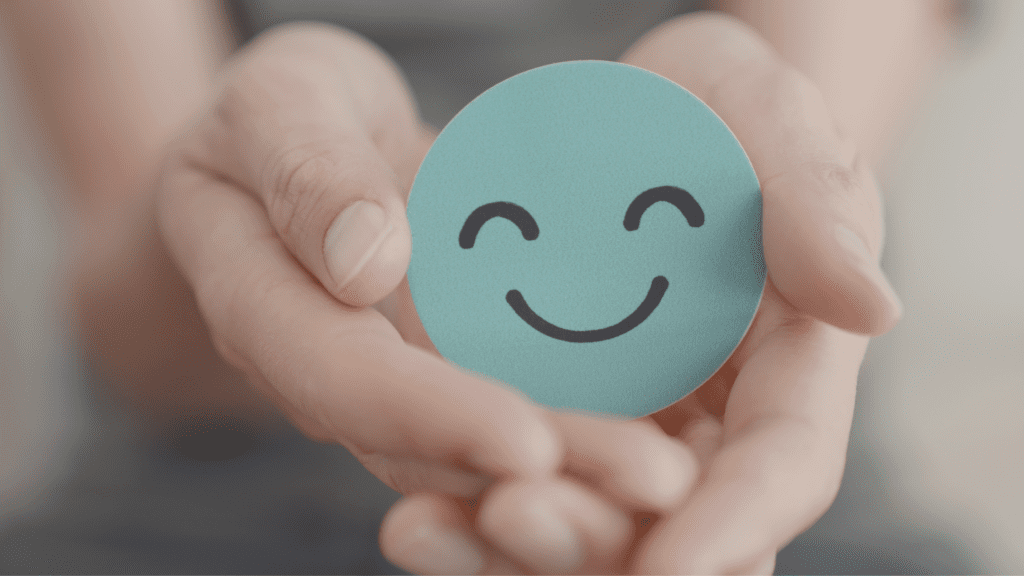This World Mental Health Month focuses on education, awareness, and advocacy with the theme “Let’s Talk About It.”
Mental health affects everyone, whether or not you’ve faced mental illness directly, and we want to create space for important conversations about wellbeing.

To help guide us, we asked our Senior Mental Health Occupational Therapist, Rebecca, some key questions about managing mental health challenges. She’s here to share her expert insights and offer practical tips for carers supporting their loved ones.
Over to you, Rebecca!
How do people know they’re at a point where they need support from a mental health professional?
Some people come to the realisation that they need help when they have a relationship breakdown, when their sleep is poor, when they misuse substances to cope, or when they cannot complete their everyday activities (e.g. showering, eating, socialising or going to work etc).
However, for others, it can be difficult to know within yourself, so at times, a family member or someone close to you recognises the need for and might suggest seeking formal mental health support.
What advice would you give someone struggling with mental health issues?
Firstly – Needing help to support your mental health is nothing to be ashamed of, and there are lots of people, both formal mental health support services and those within your support network, who are available and want to help you through this time.
Top tips for seeking support for your mental health include:
- Talk to your doctor and get a referral to appropriate mental health services.
- Reach out to mental health services that may be available to you or consider resources like Lifeline, The Mental Health Line and Beyond Blue.
- Talk to supportive loved ones.
- Try implementing healthy lifestyle habits such as good sleep hygiene, doing activities that are meaningful to you, getting out in nature, eating a healthy diet and exercising – these are all very important when your mental health is poor.
What advice would you give their loved ones on how best to support them?
It is important that carers and loved ones look after themselves and ‘put on their oxygen mask’ so they can support the person going through mental health difficulties (e.g. making sure they have good sleep, a good diet, socialisation, exercise etc). Depending on the type of mental health issues and support required, there are different support services available for carers. Carers NSW, Mental Health Carers NSW, and Carers Gateway are great resources.
Where do you begin to navigate this complex journey? What small goals can you set?
Your GP is an important place to start as they can refer you to the right professional/support. Call the mental health access line on 1800 011 511 or dial 000 if urgent support is required.
Small goals can include something as simple as getting out of bed at the same time every morning and having a shower. Having a good routine can be very helpful when experiencing and recovering from poor mental health.
—
Recovery Station’s Mental Health team includes Mental Health Occupational Therapists and Psychologists, who all help to support our client’s specific needs and goals. For more information on how we can help, please contact us on 1300 588 851 or head to our website here.
Until next time,

Side Note: The information given above is general in nature; please consult your physician or therapist if you have any particular questions.
